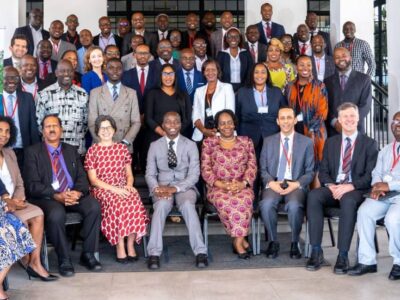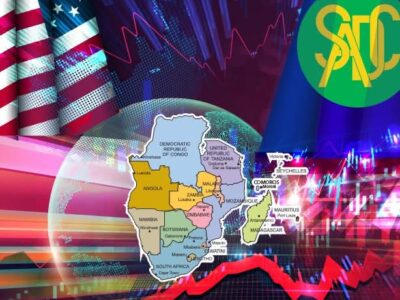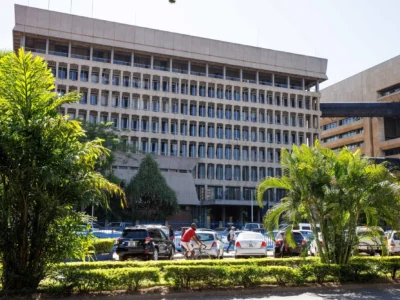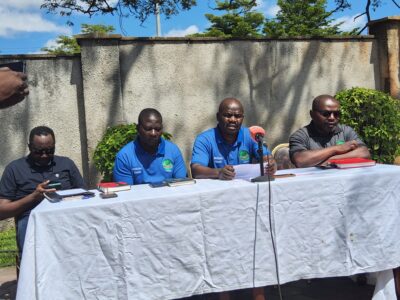The Centre for International Forestry Research (CIFOR) and the International Centre for Research in Agroforestry (ICRAF) have revealed that some carbon traders are not being transparent in their dealings with governments.
CIFOR and ICRAF Senior Scientist, Rhett Harrison, said the traders knew how to manipulate the system to make it seem like they are involved in carbon trading when infact, they are not.
Harrison raised the concerns during the Centre for Environment Justice (CEJ)- Traditional Leaders Caucus held in Lusaka on Friday.
The Caucas was held under the theme “Strengthening Traditional Leaders Role in Carbon Financing for Sustainable Development in Zambia”.
He predicted that this would result in significant shake-ups in the carbon trading market if the situation was left unchecked.
“This situation cannot be tolerated internationally and governments need to be cautious as the deal with different players in the industry,” Harrison added.
Climate Change Advocate, Abel Musumali, also expressed his disappointment that carbon traders do not pay tax.
He called on the Zambia Revenue Authority (ZRA) through the Ministry of Finance to investigate the matter further, as any profit-making venture should pay taxes.
Meanwhile, Michael Mailloux from Biocarbon Partners (BCP) assured that his organization was committed to transparency and accountability in all its activities.
Mailloux said BCP was founded in 2012 with the mission to drive forest conservation and joint efforts to combat deforestation in wildlife-rich areas of Zambia.
“BCP’s mission is to make conservation of wildlife habitat valuable to people,” he said.
Freeman Mubanga, Head of Research and Studies at the Centre for Environment Justice (CEJ), said carbon trading was a complex subject that must be properly explained to ensure clarity and fairness.
Mubanga said this must be done especially for traditional leaders who are the chief custodians of forests, which are key carbon sinks.
“Carbon trade is the buying and selling of credits that permit a company or other entity to emit a certain amount of carbon dioxide,” he said.
WARNING! All rights reserved. This material, and other digital content on this website, may not be reproduced, published, broadcast, rewritten or redistributed in whole or in part without prior express permission from ZAMBIA MONITOR.











Comments